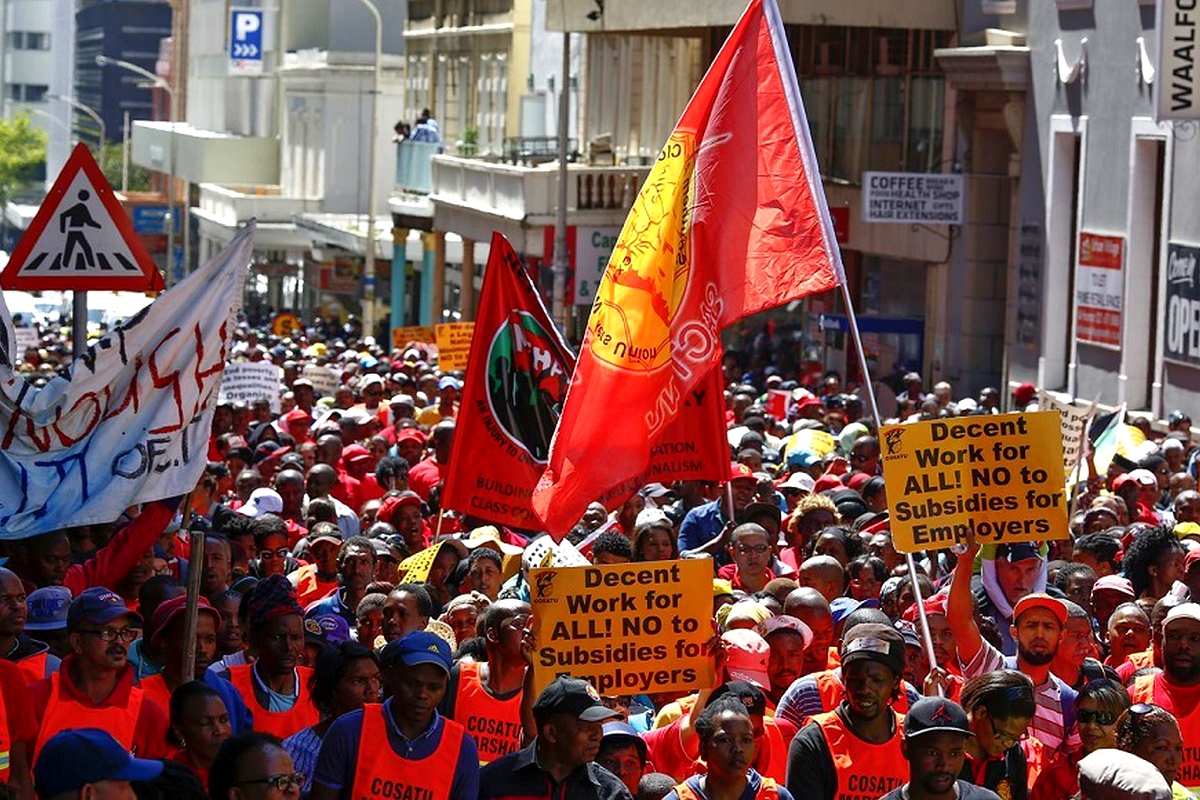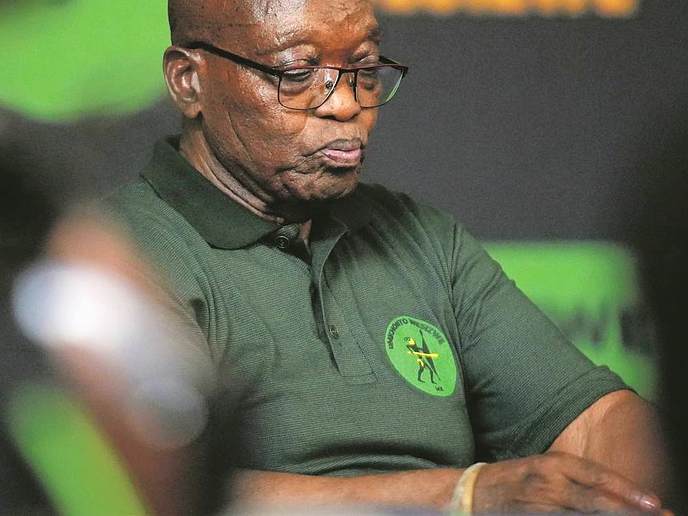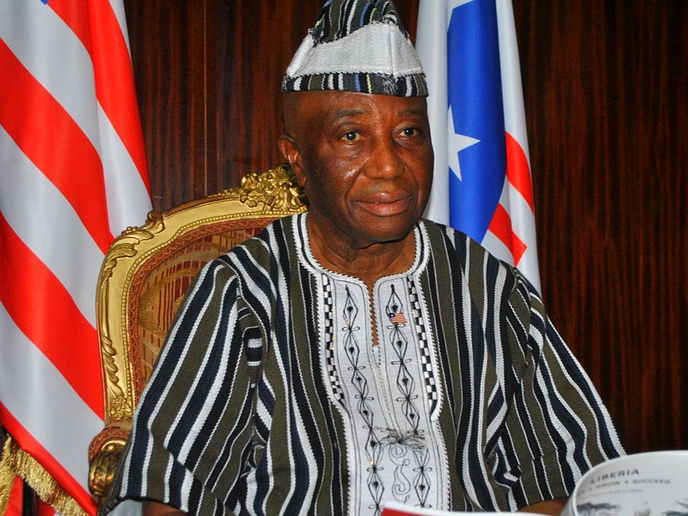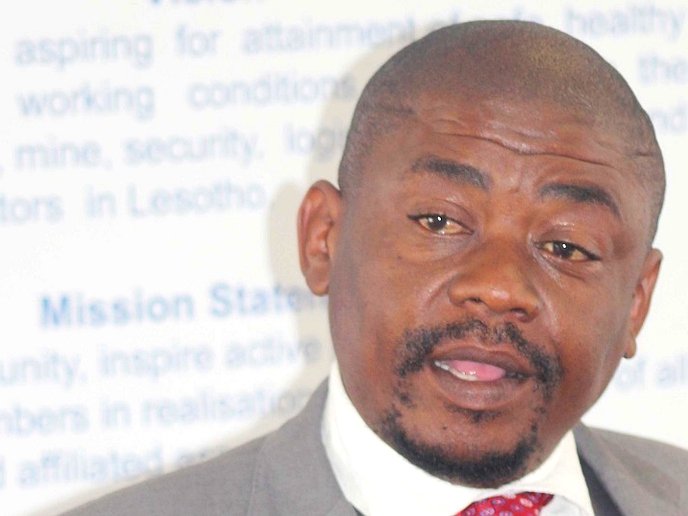PEOPLE across South Africa are taking part in a nationwide strike in protest against the rising cost of living.
africa
Aug. 26, 2022
OWN CORRESPONDENT
3 min read
SA in nationwide strike in protest against cost of living

Trade unions in SA on nationwide strike
Story highlights
Singing songs from the country's liberation struggle, thousands marched towards the president's office, demanding reductions in prices.
Inflation has hit nearly 8% - the highest in 13 years - and around a third of South Africans are unemployed.
This is the most unequal country in the world, according to the World Bank, and many are finding things tough. Thousands of protesters have been marching, chanting and holding signs echoing familiar complaints from workers around the world: "Say no to high inflation" and "Stop the steep increase in the price of petrol".
The country's two largest union groupings, who called the strike, urged the government to intervene to cap fuel prices, reduce interest rates and introduce a universal basic income of roughly $90 (£75) a month.
Around 5,000 people took part in the rally in Pretoria.
"Don't moan; Mobilise or starve," was the message to those wondering whether to take part in the strike on a poster from the South African Federation of Trade Unions (Saftu).
Its head Zwinzilima Vavi questioned how President Cyril Ramaphosa could give himself and ministers a 3% pay rise but refuse their demands.
At the front of the march in Pretoria, one woman who didn't give her name told the BBC why she was on strike: "We're tired. The cost of living is too high now - we can't afford anything any more. It's school fees , it's transport, it's rent, it's everything."
"We can't any more and we've been without a [pay] increase for four years now, and things are getting hectic now. The government must intervene and do something now," she added.
The nationwide strike comes as South Africa grapples with the economic impact of global events such Covid and the war in Ukraine.
Under the gaze of Pretoria's Union buildings - the office of President Ramaphosa - I spoke to a group of women who said the cost of living crisis had driven them to desperate measures to try and make ends meet.
"Sometimes I don't have money so I have to go and take a loan - from the loan sharks. We don't manage. That's why we're here today - because we're struggling," one said.
Enjoy our daily newsletter from today
Access exclusive newsletters, along with previews of new media releases.
Another said she spent almost half of her monthly income of $210 on transport. "And food is expensive right now. We can't buy full groceries- it's basics only."
Another woman said: "At the end of the month we're left with nothing."
While organisers of Wednesday's action say they aim to bring the country to an economic halt, they have also acknowledged that numbers on the streets may not match similar shutdowns in previous years.
The government says a "no-work, no-pay" principle will apply - and essential workers cannot take part.
The one voice who's not been heard from is President Ramaphosa. I ask the group of women at the Union buildings what they would say to him. Their message is simple: "Please help us president, we are struggling. Please." – BBC News
Tailored for you






